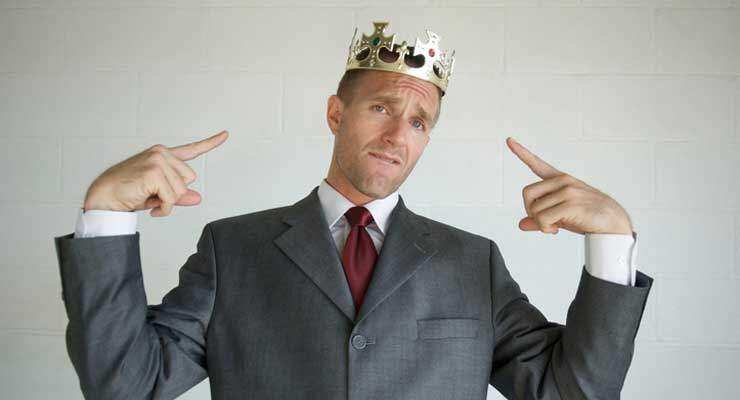Ego is a word that we often hear and experience. This is one aspect of human life that not only affects our thinking and behavior, but also has a profound impact on our social relationships and mental health. The question arises that why does a person have ego? How is it born and how can we understand it? In this article we will consider psychological, social and philosophical aspects of ego.
Ego means and its origin
In ordinary language, ego means ‘excessive pride or self -esteem’ which is often associated with the feeling of considering themselves superior to others. From the point of view of psychology, ego is the part of our self-image that determines the boundary between our ‘identity’ and ‘self-respect’. This is an essential process of establishing his existence within any person. From children to big, every human tries to prove his existence and importance. This is natural because it makes us honored and acceptable in society. But when this honor and confidence takes the form of ego, it can cause stress, dissatisfaction and social isolation in relationships.
Psychological basis of ego
From a psychological point of view, the root of ego is often in ‘insecurity’ and ‘weakness’. A person uses his ego as a shield to hide his inner weaknesses and failures. It is a type of defense response that tries to show himself and others to show that he is powerful and capable. Ego in Ferid’s psychoanalysis theory is considered one of the three parts of our mind. This ego helps us to reconcile with reality. But when it starts to consider itself as supreme, then it can prove to be harmful for us.
Social and cultural reasons
Ego is born not only for psychological reasons, but also from social and cultural factors. Constant pressure for competition, social positions, economic status and personality development in society promotes our ego. When a person begins to consider himself superior to others on the basis of his ability, achievement or situation, the ego is born. Especially in modern society, the influence of social media also plays an important role in promoting ego. Here people present their achievements, shows and lifestyle exaggerated, which makes the feeling of ego deeper. In the desire to compare and praise from others, the self -respect of a person often turns into ego.
Negative effects of ego
The negative effect of ego not only has on personal life, but it also affects social relationships. An arrogant person lacks humility, which prevents him from understanding and accepting the thoughts of others. This causes obstacles in the dialogue and the relationship starts to break. Along with this, ego also causes mental stress and dissatisfaction. Because a person who always considers himself superior finds it difficult to tolerate failure or criticism. This can make his mental state unstable, which can eventually lead to problems like depression or anger.
How can ego be avoided?
It may not be possible to completely eliminate the ego, as it is part of man’s natural tendency. But it can be controlled in balanced and positive form. The most important for this is self-thinking and self-review.
Practice of humility: Learn to respect yourself and others. Remember that every person has their own boundaries and weaknesses.
Review and improvement: Accepting and learning from your mistakes reduces ego.
Meditation and Yoga: To get mental peace, adopting meditation, yoga and breathing techniques helps in fighting ego.
Gratitude: To be grateful to whatever we have received, protects us from ego.
Appreciation of others: Learn to praise the successes and goodness of others, it reduces ego.
Religious and philosophical approach
Ego is also considered negative in religious texts and philosophical thoughts. In the Bhagavad Gita, Lord Krishna has taught Arjuna to renounce ego and described it as the cause of ignorance. Similarly, ego in Buddhism is considered the main cause of human suffering. In Hinduism, ego is called part of ‘Maya’ which makes us away from truth. The seekers who walk on the path of spirituality try to become ‘Niroh’ and ‘Nirvikar’.
Ego is a natural tendency of a human being, which is associated with his self-defense and social identity. This not only affects our behavior but can also become a challenge for our mental and social health. Therefore it is necessary to understand and balance it. It should be remembered that real greatness is in humility, sympathy and self-acceptance. When we are able to control our ego, only then we can experience self-power and mental peace in the true sense. Every person can be a meaningful journey by rising above ego to make life simple and happy.






